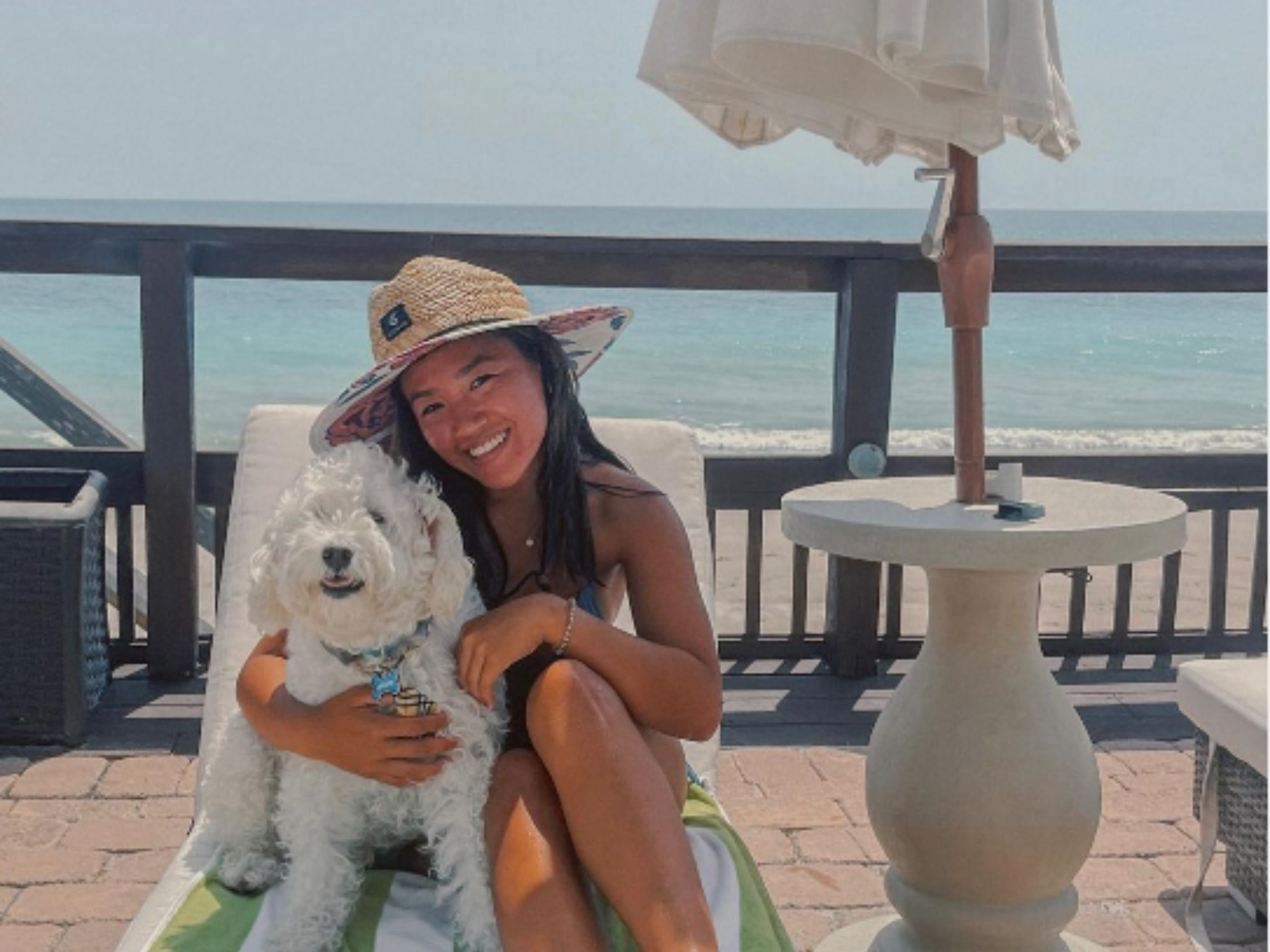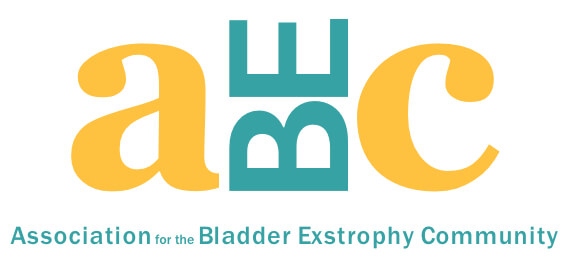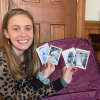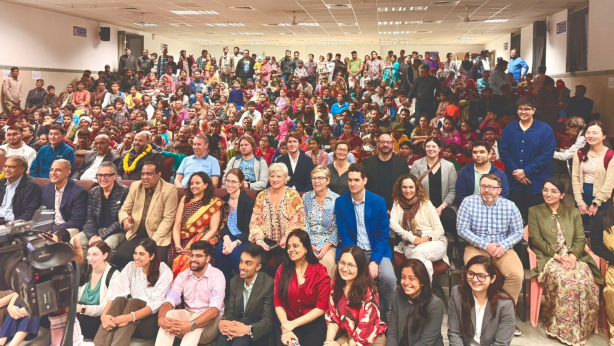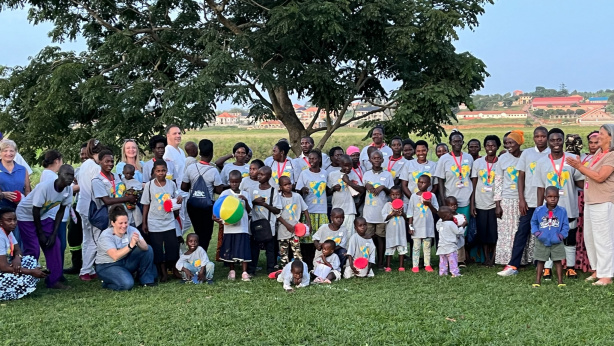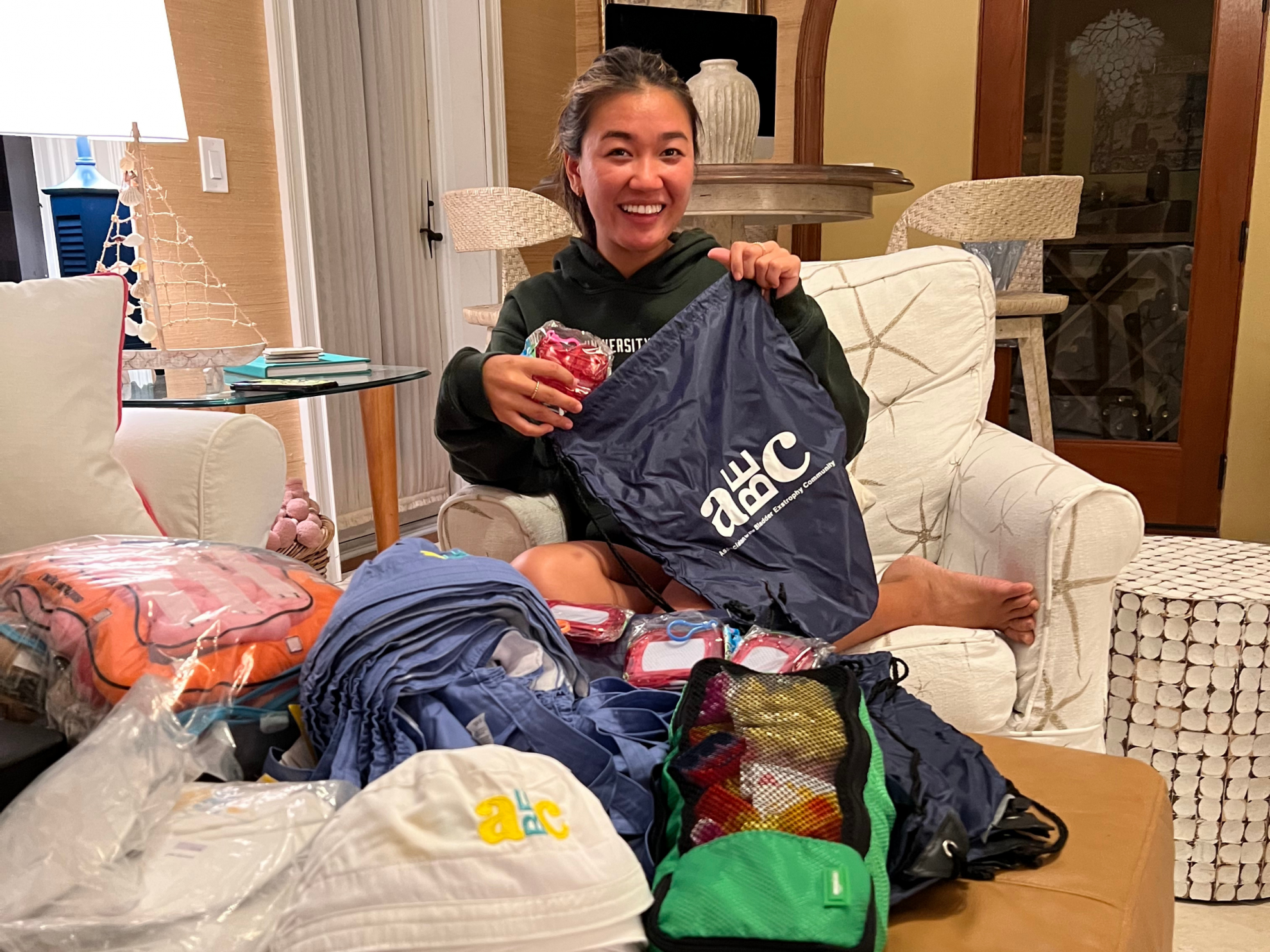
Resilience: Overcoming Obstacles to Impact Lives Around the Globe
Anna Artigas, daughter of Executive Director Pamela Artigas, is traveling with A-BE-C for the 2023 International Exstrophy Workshop in Uganda as part of a service project to provide support to teens with exstrophy. Above, Anna helps prepare A-BE-C care packages for all the children receiving surgical and follow up care.
Anna’s Story
My name is Anna Artigas and I am a 17 year old sophomore living in Vero Beach. I was born in China with bladder exstrophy, and was abandoned in a crowded train station by my Chinese family when I was about two years old. Someone found me crouched in a corner and took me to the local orphanage. For the next 28 months, I would spend most of day tied to chair constantly wet from urine that seeped from my belly. My bladder looked like a little red ball sitting outside my tummy. Twice while I was in the orphanage I was taken to the hospital for surgery to put my bladder back into my abdomen. Both times the surgery failed, and my bladder was back outside.
Getting Another Chance
In 2009, when I was four years old, my mom adopted me and brought me to Seattle Children’s Hospital where I had a 14-hour surgery that would forever change my life. The doctors turned my bladder the right side in and put it back into my tummy.

Because my bladder was so small, they took some of my intestine to make it bigger. They also made me a belly button from a piece of my appendix. I have a little hole in my belly button where I insert a catheter to pee. To hold all my body parts in place, the doctors had to break my pelvic bones and push them together. This keeps everything from falling out. I spent so long in the hospital after this surgery that I forgot how to speak Chinese! After I left the hospital, I had to wear a body cast for another 4 months so my pelvis could heal. I walked funny for a while, but now I can run and swim and even golf!
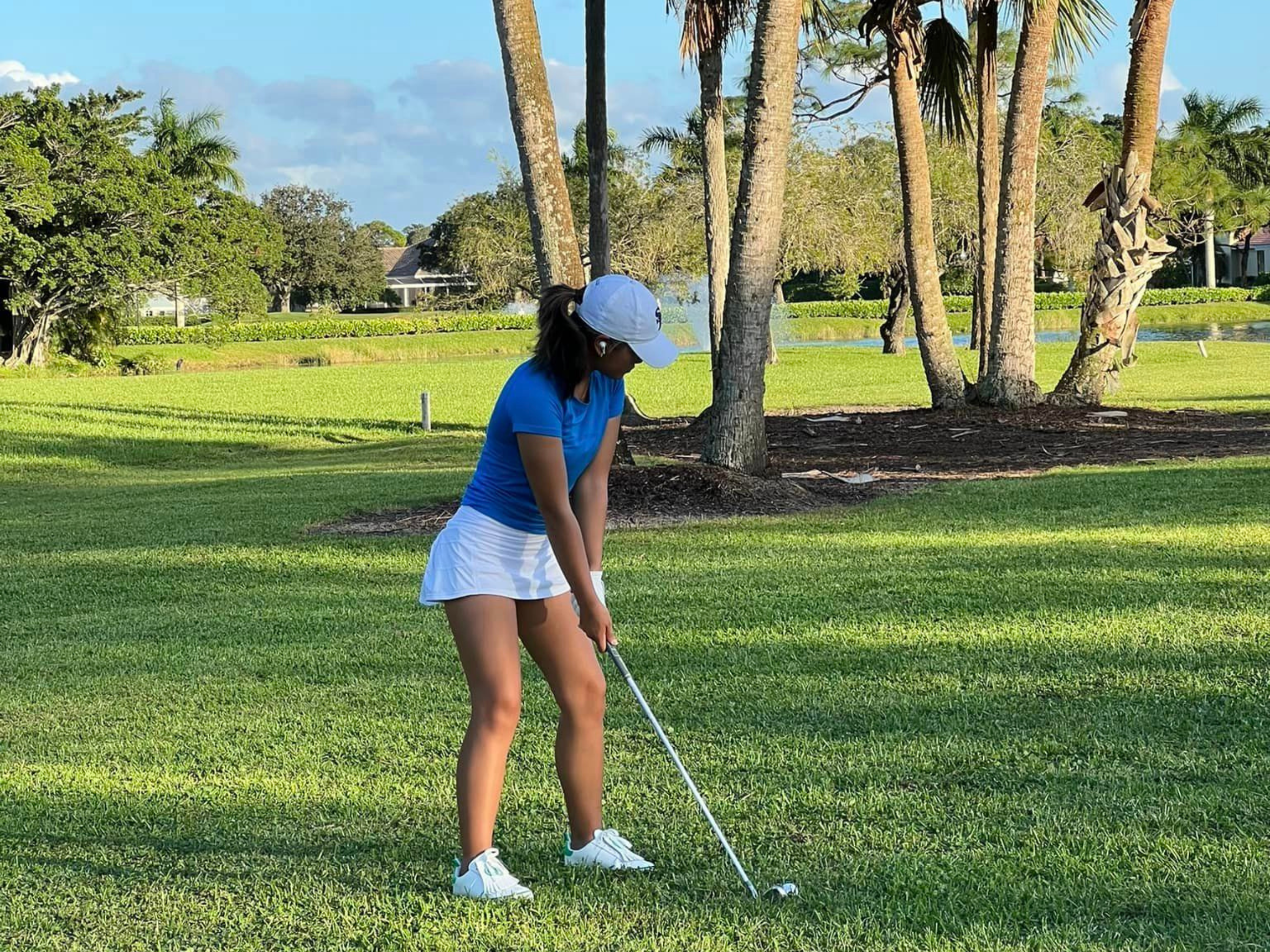
When I was 5 years old, I learned how to do my catheter by myself so I could go to school. I have to catheter every four hours and I will have to do this for the rest of my life. When I was younger, I still leaked urine but as I have gotten older, my bladder has stretched enough that I no longer need to wear pull ups.
Living with Bladder Exstrophy
One thing I always had to do at the beginning of each school year was to explain to my teachers how I was different. We would make a plan for me to go to the bathroom and where to keep all my supplies. This was hard, because kids were always asking me why it took me so long to go to the bathroom or why I used the teacher’s bathroom instead of the kids bathroom. When I got into middle school, I was able to keep my catheters in my backpack, but I always tried to go to the bathroom when other girls weren’t in there, because I stand instead of sit. I was very nervous that my friends would find out about my condition, so I tried to stop going to the bathroom at school. A couple of times this has made me really sick and I had to stay in the hospital for several days and sometimes I needed surgery. I have had eight surgeries so far and need a few more.

As much as I try to be “normal”, having bladder exstrophy is always on my mind. What if I go somewhere and forget my catheters? What do I tell my teachers and friends why I spend so much time in the bathroom? I’m nervous to stay at a friend’s overnight and I don’t have anyone stay at my house either. Even though I don’t let my condition control me, it’s always on my mind. I always must plan ahead. The hardest part for me is dealing with teachers who don’t understand I need to go when I need to go, and it takes me longer to “go”, so sometimes they don’t believe I’m really going to the bathroom.
Using My Experience to Bring Hope
But having bladder exstrophy has also given me a chance to be better person. My mom, Pamela Artigas, is the President of the A-BE-C, so every year my sister and I help her collect PJs for kids in India so they have a change of clothes after surgery. I even FaceTime with all the kids and show them how to use a catheter. At the bladder exstrophy conference every summer, I help by telling my story and listening to what other kids are going through. Parents will call me and ask what it is like to use a catheter. Many times after they talk to me, their kids are no longer afraid of having surgery.

Making a Difference Around the World
This year, I have been invited to participate in a ten-day surgical workshop in Uganda with A-BE-C. Urology experts from Johns Hopkins will be invited guests and we will also have surgeons and dignitaries from Uganda and other African countries attending. As a team, we will be working with over 18 families from Uganda. Some children will be getting complex 14-hour surgeries and others will be getting follow up care.
I was invited as a way to bring hope to families and show them that their children can also live a fulfilling life. They can go to school, play sports, have friends and even become a parent someday. The doctors have asked me to give a formal presentation to the families to help them understand what it is like to live with this condition. I will also be training children and families on the day-to-day care of bladder exstrophy. I believe I will gain many skills from this trip and will be working with world experts. I am honored to be part of this year’s Global Care Workshop to help provide hope to children and families in Uganda.
